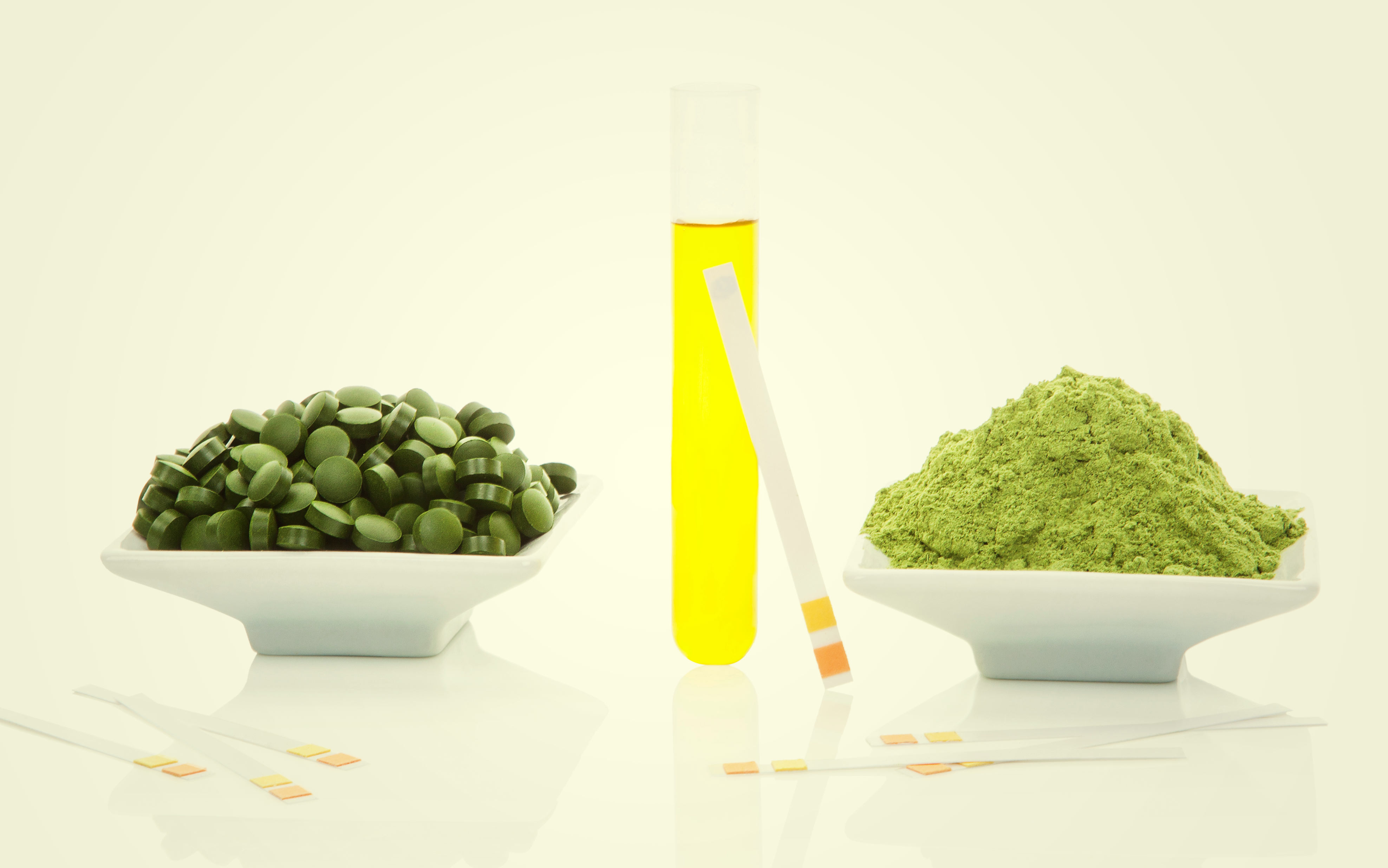
121—
Meditative Munching

Some people tell me that they need to ‘alkalise’. And they want me to give them something to achieve this1.
I ask them, ‘Why do you think you need to alkalise? They either say they’ve just heard it’s important, or that they feel it’s necessary. (They often add that they have been eating too many acidic foods & drinks lately2.)
I ask, ‘What exactly are you trying to alkalise’? Generally the answer is, ‘My whole system’. Now, while I’m aware there are 12 different systems in the body3, I’ve never heard of one called the ‘whole system’. And if there was such a thing, I’m sure it wouldn’t appreciate being made wholly alkaline, as optimal pH varies throughout the body!
I suggest, that rather than take something additional to help alkalise, wouldn’t it be easier to reduce the amount + frequency with which they consume their acidic foods — to see if this helps first?
Know this: your blood is never acidic — the pH of your blood is always slightly alkaline. It is held within a very narrow range by your body (7.35—7.45).
Note: If the blood pH dropped below 7 or rose above 7.8, coma and death would quickly follow!
Your body works tirelessly to maintain this strict equilibrium. It achieves this by releasing minerals from your bone and by breaking down muscle protein (glutamine — an amino acid).
When it comes to your diet, you’re not actually trying to alkalise. Your job is to build a reservoir of minerals and muscle protein. You should aim to minimise how often these stores are being ‘ransacked’ (to be used to buffer your blood).
Yes, you make this job easier or harder on your body by what you choose to ingest. However, it is much more dependant on how well you run your body, and on how well your body runs.
Note: By preventing ‘ransacking’ you will help to avoid the destruction of your bones, the wasting of your muscle tissue, chronic oxidative stress, systemic inflammation, impaired immunity, and elevation of your insulin + cortisol.
Amino acids
The building blocks of protein
Fatty acids
The building blocks of fats
Deoxyribonucleic acid (DNA) + Ribonucleic acid (RNA)
The building blocks of life!
Only small amounts of acidic substances enter the body via food + drink. Most acids in the body originate as metabolic by-products or end-products.
The following health concerns contribute significantly to your overall acid-load:
Poor digestion can cause you to ferment partially digested food in an undesirable part of your digestive tract. This environment then increases ‘bad’ bacteria which can produce lactic acid.
This, also has an adverse affect on your digestive processes.
Stress has a two-fold affect on the body.
Stress can reduce stomach acid which leads to poor digestion. Poor digestion can lead to the production of lactic acid.
Stress also leads to anxiety, and anxiety can also create lactic acid.
Note: With good circulation, lactic acid can be transported to the liver, where it can ultimately be turned into glucose.
This process creates lactic acid.
Note: Again – with good circulation, lactic acid can be transported to the liver, where it can ultimately be turned into glucose.
The lungs dispose of carbonic acid (by eliminating CO2)
Only the kidneys can rid the body of phosphoric, uric, and lactic acids, and ketone bodies.
The first three points suggest ways in which acid-load can be created. The points that follow, suggest that poor elimination can contribute to acid-load.
Earlier, I mentioned that optimal pH actually varies throughout the body. And, nowhere is this better illustrated than with our digestive system.The different environments of each compartment are very important to ignite the next phase (and area) of digestion. These parts work together like a battery — alternating between acid and alkaline; not to make energy but to extract energy from our food:
The mouth should be alkaline —> The stomach should be acid —> The small intestine should be alkaline —> The large colon should be acid.
Note: If something is in your digestive system (food, enzymes, secretions, or otherwise!) it is not technically considered to be inside your body.

While there are plenty of alkalising supplements on the market… Wouldn’t it just be easier to find a balance between the good food + drink you consume, and the bad (80:20)?
Note: You want to achieve a healthy balance. You don’t want to over-alkalise your body e.g. with your Green Smoothies! This could result in significant health concerns.
Taking supplements for this specific purpose could mask an underlying health issue you may have.
Rather than look for signs of acidity, instead look for signs of mineral depletion: feeling grouchy + sensitive + exhausted, or being prone to aches & pains, headaches, and sleeping issues.
Note: When you’re being depleted in vitamins & minerals it will generally manifest as an emotional or mental condition, or vague physical complaint – long before it becomes a serious physical concern.
Please consider seeing your Naturopath if you suffer from chronic stress + anxiety, if you over-train, or if you believe you have issues with your circulation, digestion, liver, lungs, or kidneys.
Seriously consider seeing your Naturopath if you suffer from: Diabetes, Fibromyalgia, Gout, Kidney Stones, Osteoporosis, Polymyalgia, or Rheumatoid Arthritis.
Lisa Fitzgibbon is a degree qualified (2006), experienced and registered Naturopath & Medical Herbalist. She runs her own private practice – OOMPH in Grey Lynn, Auckland, New Zealand.
Lisa has been involved in the Natural Health industry for 16 years. She draws on her professional training and experience, as well as her own personal experience to bring you realistic, holistic health advice.
Book onlinepH is measured on a scale of 0-14 (where 7 is neutral)
The lower the pH the more acidic the solution
The higher the pH the more alkaline the solution
They have been over-consuming alcohol, coffee, sugar, meat, dairy, grains, and processed food.
There are 12 systems in the human body: Integumentary (skin), Skeletal, Muscular, Respiratory, Circulatory, Lymphatic, Immune, Endocrine (hormonal), Urinary, Digestive, Reproductive, and Nervous.
Subscribe to LISA SAID SO
Subscribe to the LSS newsletter to get updates on a very irregular basis.
Sorry for the interruption!
You seem to be interested in what Lisa has to say. To be updated when new articles are published, or we have news to share, enter your email below. Thanks!